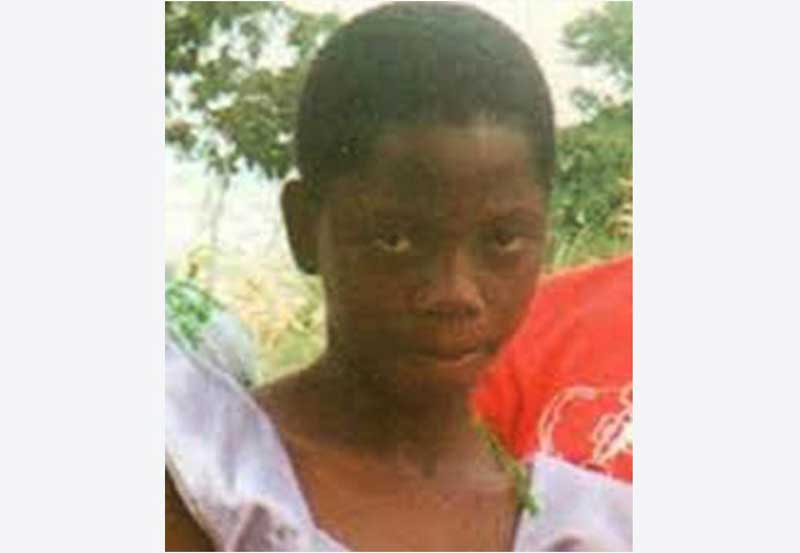×
The Standard e-Paper
Kenya’s Boldest Voice

Police have been accused in the past of trying to cover up killings for which they are involved.
In 2016 sentenced, two police officers were sent to seven years in jail for killing a teenager in Kwale despite initial attempts by their colleagues to cover up the murder.